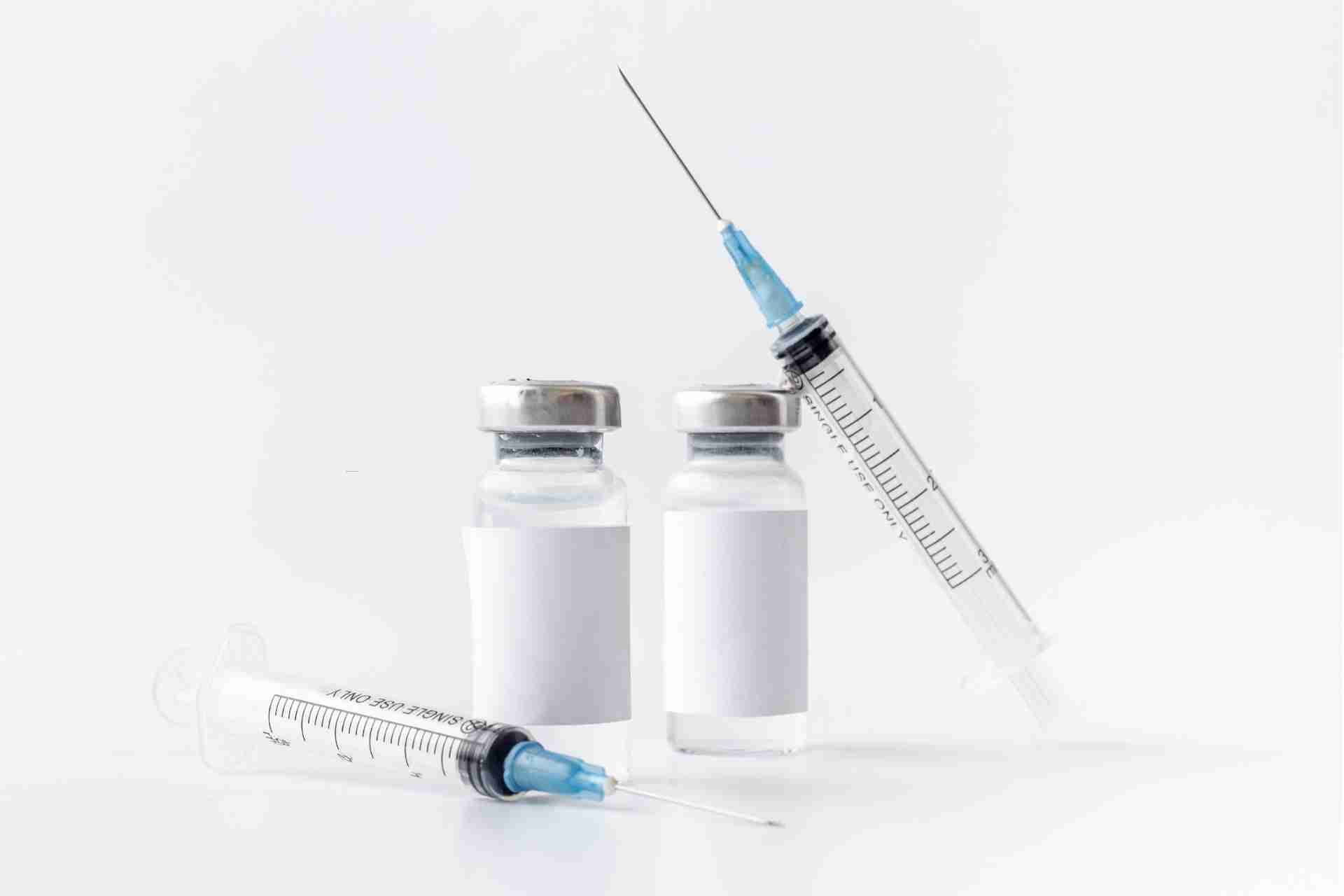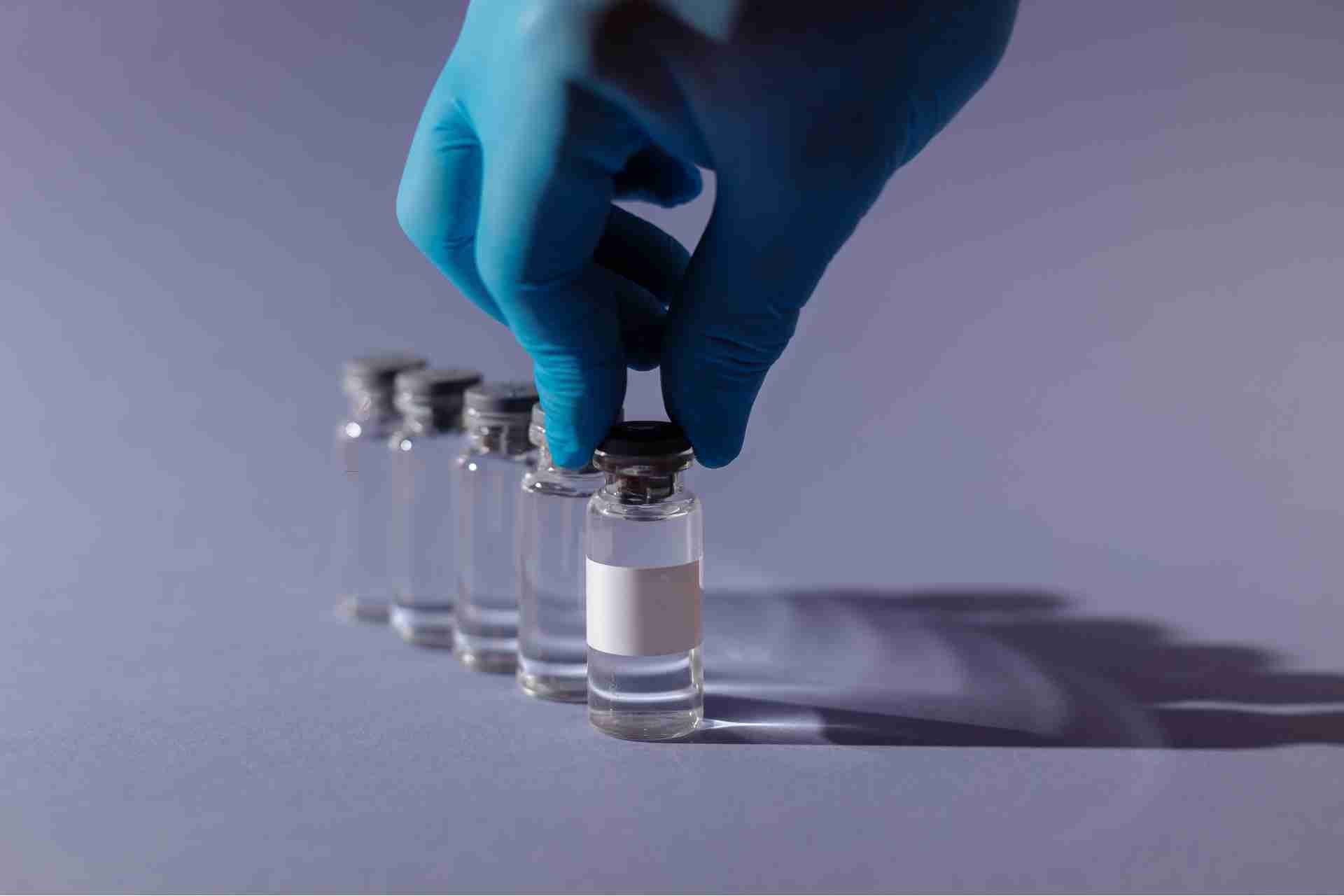What is Obsessive Compulsive Disorder?
In mental health, few conditions are as complex and misunderstood as Obsessive-Compulsive Disorder (OCD). It's a condition that goes beyond the occasional need for order or cleanliness, delving into a world where intrusive thoughts and compulsive behaviors can dominate daily life. Understanding OCD is crucial not only for those grappling with the disorder but also for their loved ones and society at large.
We'll delve into the factors that contribute to the development of OCD, uncovering the interplay of genetics, neurobiology, and environmental triggers.
What is Obsessive-Compulsive Disorder (OCD)
Obsessive-Compulsive Disorder (OCD) is a mental health condition characterized by the presence of obsessions and/or compulsions that significantly interfere with a person's daily life. It's considered an
anxiety disorder and can cause distress and impairment in various areas of functioning.
Components of Obsessive-Compulsive Disorder (OCD)
Obsessions
Obsessions are intrusive, persistent, and unwanted thoughts, urges, or images that cause significant anxiety or distress. These thoughts often feel irrational or unreasonable. Common obsessions may include fears of contamination, fears of harm to oneself or others, excessive concern with order or symmetry, and intrusive sexual or religious thoughts.
Compulsions
Compulsions are repetitive behaviors or mental acts that a person feels compelled to perform in response to their obsessions. These actions are aimed at reducing the anxiety or distress caused by the obsessions or preventing a feared event. Compulsions are often rigid and stereotyped, and they can vary widely from person to person. Common compulsions include excessive handwashing, checking locks or appliances, counting, repeating words or phrases, and arranging objects in a specific way.
Impairment
OCD can significantly impair a person's daily functioning. It can consume a considerable amount of time, causing disruptions in work, school, relationships, and other areas of life. People with OCD often recognize that their obsessions and compulsions are irrational but feel unable to control them.
Insight
Many individuals with OCD have insight into the irrationality of their obsessions and compulsions. They know that their thoughts and behaviors don't make sense, but they still can't stop them. However, some individuals may have poor or absent insight, believing their obsessions are valid.
Course
OCD typically follows a chronic course, with symptoms waxing and waning over time. It often begins in childhood or adolescence and can persist into adulthood. In some cases, symptoms may improve with treatment, while in others, they may remain severe.
Causes
The exact cause of OCD is not known, but it is believed to involve a combination of genetic, neurobiological, and environmental factors. An imbalance in certain brain chemicals (such as serotonin) is thought to play a role in the development of OCD.
Treatment
OCD can be effectively treated with a combination of therapies and medications. Cognitive-Behavioral Therapy (CBT), specifically a form called Exposure and Response Prevention (ERP), is the most widely recommended psychotherapy for OCD. Medications, typically
selective serotonin reuptake inhibitors (SSRIs), can also be prescribed to help manage symptoms.
Is it Genetically Acquired?
Obsessive-Compulsive Disorder (OCD) is believed to have a genetic component, meaning that it can run in families. While it is not directly inherited in a simple Mendelian fashion (like some genetic diseases), research suggests that there is a genetic predisposition that can increase the risk of developing OCD.
It's important to note that genetics is just one piece of the puzzle in understanding OCD. Environmental factors, such as early life experiences, stressors, and trauma, also play a role in the development and expression of the disorder. The exact genetic and environmental interactions in OCD are still an area of ongoing research.
While genetics may increase the risk of developing OCD, it does not guarantee that someone with a family history of OCD will definitely develop the disorder. Many individuals with a genetic predisposition do not develop OCD, and conversely, some individuals without a family history of OCD can still develop the condition. Therefore, it is a complex condition influenced by multiple factors, both genetic and environmental.
OCD Triggers
Obsessive-Compulsive Disorder (OCD) can be triggered by various factors, which may vary from person to person. These triggers can lead to increased anxiety and a surge in obsessive thoughts and compulsive behaviors. Here are some common triggers for individuals with OCD:
- Stress and Anxiety: High-stress situations or periods of increased anxiety can exacerbate OCD symptoms. This may include stress related to work, school, relationships, health, or other life events.
- Transitions or Changes: Significant life changes, such as moving, starting a new job, or going through a major life event (like a wedding or the birth of a child), can trigger OCD symptoms.
- Traumatic Events: Previous traumatic experiences, especially those related to contamination, harm, or loss, can serve as triggers for obsessive thoughts and compulsive behaviors.
- Environmental Triggers: Certain environments or situations may trigger specific obsessions and compulsions. For example, being in a crowded place might trigger anxiety about contamination for someone with contamination OCD.
- Specific Triggers for Obsessions: Some obsessions have specific triggers. For example, someone with a fear of causing harm to others might become triggered when handling sharp objects or driving a car.
- Media Influence: News stories or media coverage of traumatic events, disasters, or health crises can trigger obsessive thoughts, especially for individuals with contamination or harm-related obsessions.
- Personal Health Concerns: For those with health-related obsessions, any physical symptoms or perceived abnormalities can serve as a trigger for obsessive thoughts about illness or disease.
- Relationship Issues: Conflicts or uncertainties in personal relationships can trigger obsessions related to fears of rejection, betrayal, or harming loved ones.
- Performance Pressure: For individuals with perfectionistic tendencies, situations where they feel a need to perform flawlessly (e.g., exams, presentations) can trigger obsessions about making mistakes.
- Lack of Sleep or Fatigue: Sleep deprivation and fatigue can exacerbate OCD symptoms. Lack of rest can contribute to heightened anxiety levels and reduced ability to manage obsessions and compulsions.
- Sensory Triggers:
Sensory experiences, such as certain textures, sounds, or smells, can trigger obsessive thoughts or compulsions.
Ask a Help from Professionals
If you or someone you know is struggling with OCD, it is essential to seek help from a mental health professional. With appropriate treatment and support, many individuals with OCD can manage their symptoms and improve their quality of life.
Call Alternative Pathways and let's see how our
Ketamine Therapy can help improve your condition.










